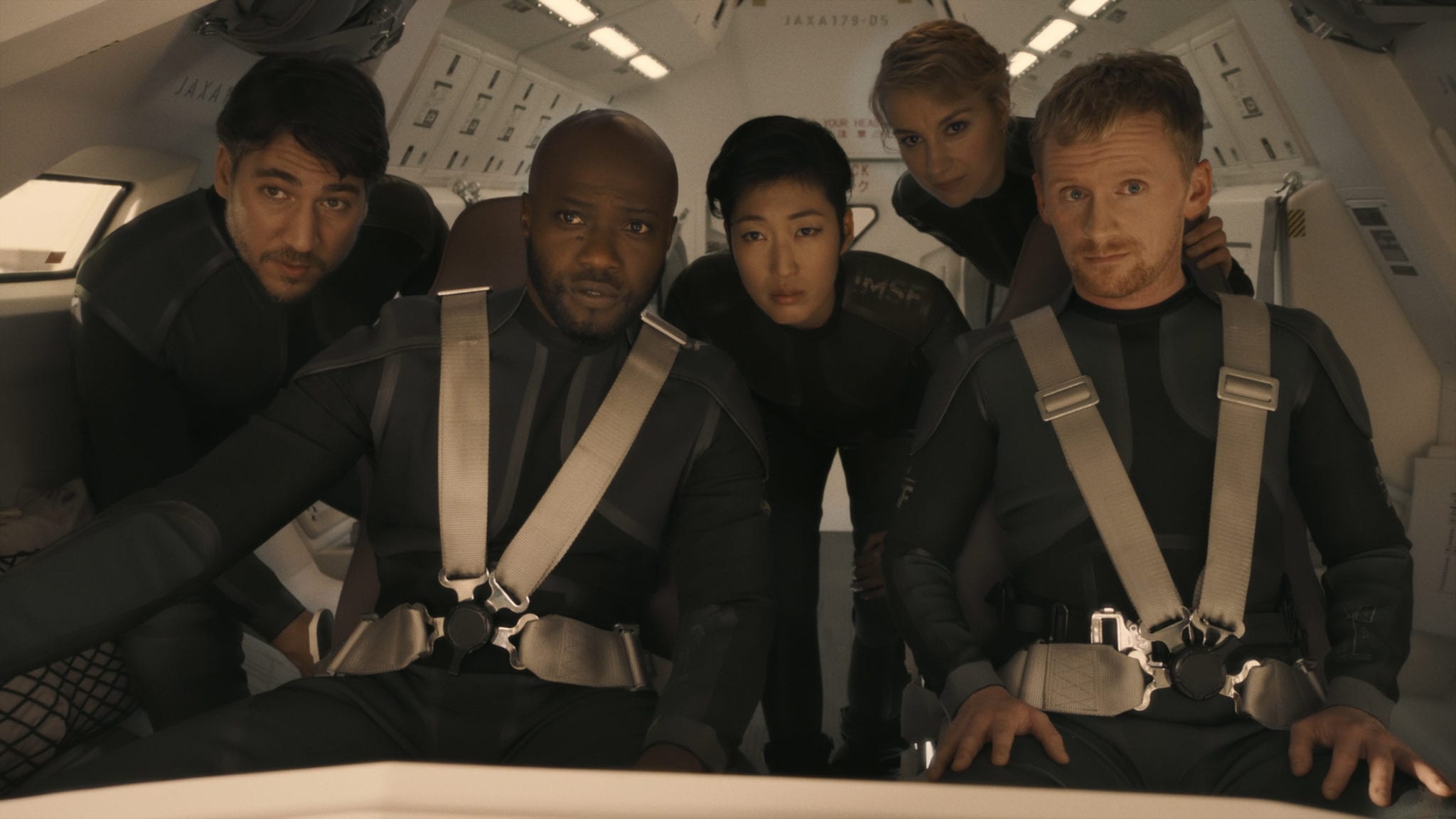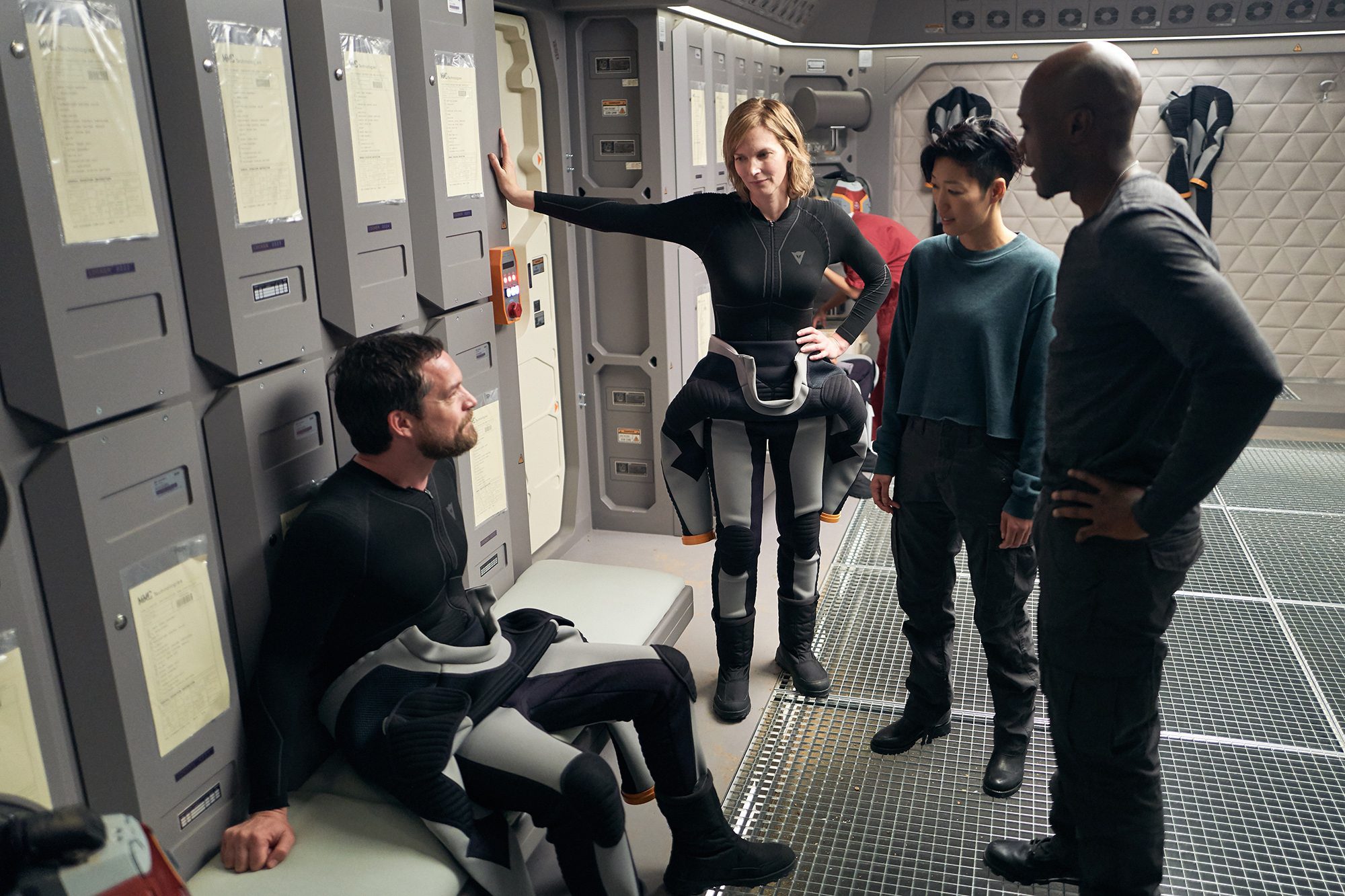
Mars S2E1: Unity Can Be A Good Thing
We have enough tensions and challenges for a lifetime?between countries, between companies, between individuals. Mars is no exception.

We have enough tensions and challenges for a lifetime?between countries, between companies, between individuals. Mars is no exception.

?They say that science and faith don?t mix. But when everything is telling you you?ve already lost, there?s nothing you can do but believe.?